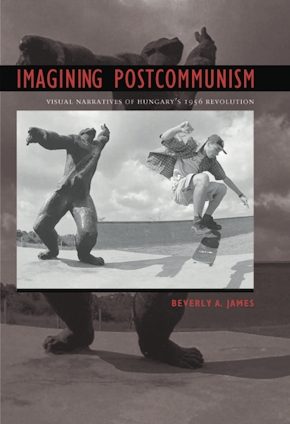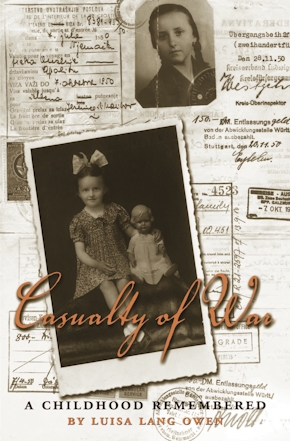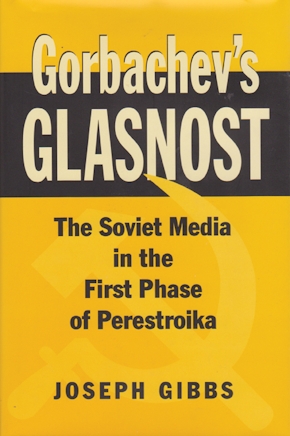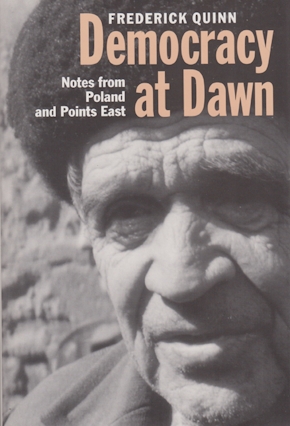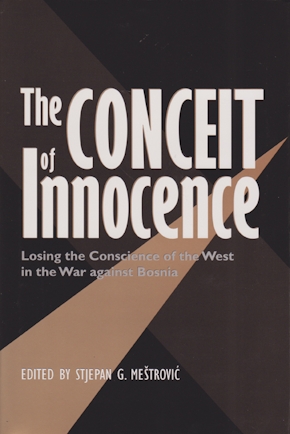Communism and the Remorse of an Innocent Victimizer
978-1-58544-195-2 Cloth
6.12 x 9.25 x 0 in
224 pp. 19 b&w photos., 1 map.
Pub Date: 04/04/2002
Available
Yet in the morally ambivalent world of the communism in which Anguelov grew up, everyone was both victim and victimizer. Few dissented; few intended evil. More typical were tales of compliance, complicity, and informing on friends and neighbors just as part of getting by. Whether discussing his schooldays, his marriages, or his career, Anguelov inexhorably returns to his theme of compliance. In moving but understated prose, he describes his own coming to terms with the harm done by compliance and his gradual shift into a more politically active stance.
Through the stories of Anguelov's own family and acquaintances, he illustrates the kinds of moral choices available to ordinary folk. The motives for collaboration range from those of his grandfather, who cooperated with the government because he believed fervently in communism, to those of his cousin, who cynically embraced the regime in order to prosper. Decades of learning to get by in such a system, Anguelov hints, may have shaped opportunists who now pose as democrats and who sought in post-communist reforms not so much political freedom as economic prosperity.
In this penetrating and provocative account, Anguelov challenges easy assumptions about communism, democracy, and Eastern Europe. His chilling insights into complicity under Bulgarian communism raise uncomfortable questions about the moral dimensions of “going along” in any system.
Eugenia & Hugh M. Stewart '26 Series
About the Author
Reviews
Published by Texas A&M University Press

